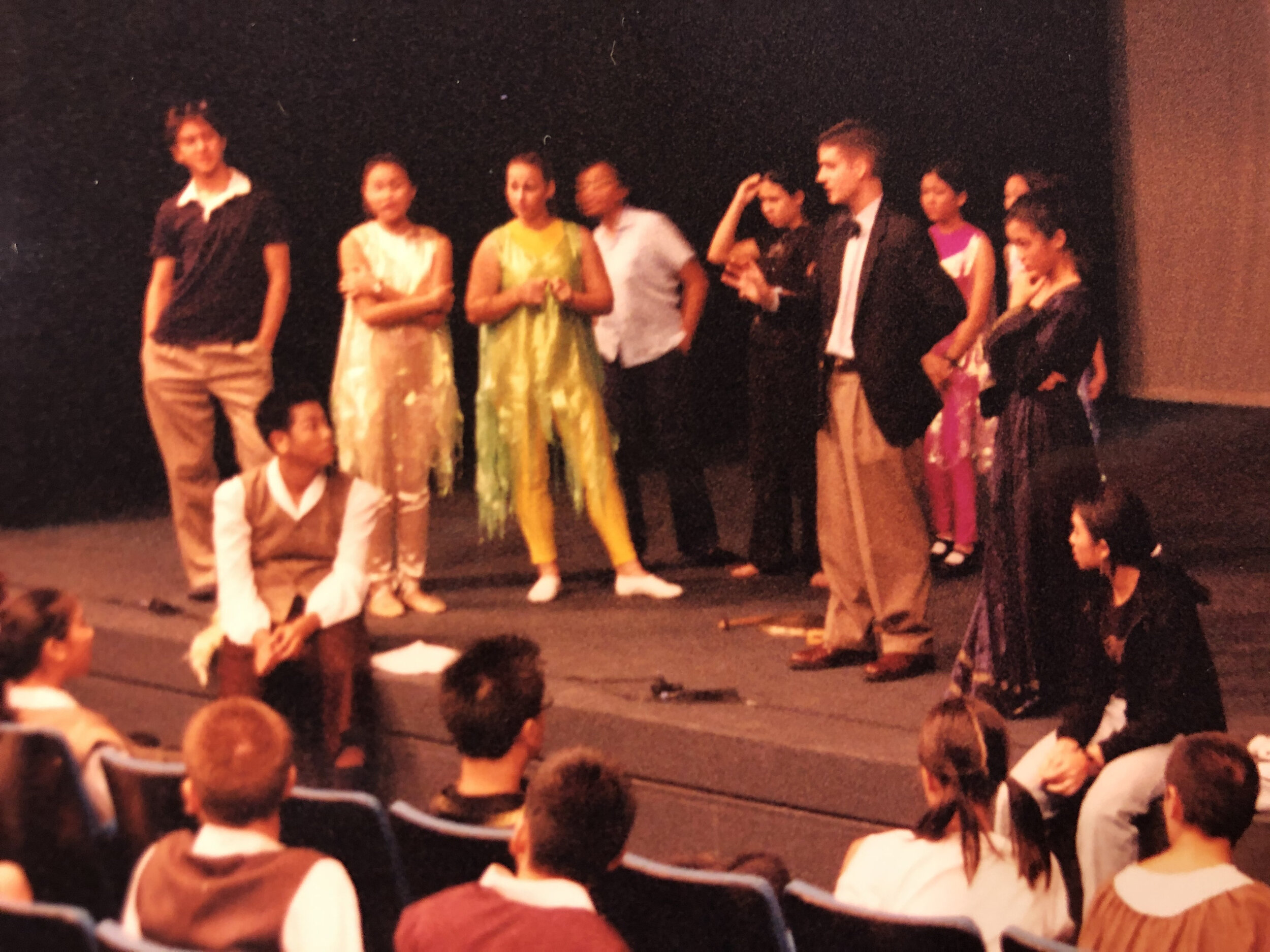
New context: new model.
The “Christian school movement” is in crisis.
The 1970s template for most of today’s Christian schools is out of date, and Christian schools have failed to undergo the transformations necessary to find a place in our current context. They can’t: they are saddled with cultures and traditions that tie them to a dying model.
Few schools -- and fewer Christian schools -- are meaningfully shaped by what we know about how children learn. Few schools -- and fewer Christian schools -- are meaningfully shaped by a sense of purpose. Few schools could even articulate their purpose with any clarity, leading to default designs that unconsciously replicate customary practices.
Most Christian schools operate under financial duress...
…compromising their ability to improve, innovate, serve students with excellence, pay fair wages, or fulfill their mission.
They do not have the resources to serve poorer students; and when they do prioritize tuition assistance for needy kids -- perhaps more to fill seats than to fulfill Scriptural principles -- the school’s delicate finances are placed at grave risk.
Even the successes these schools achieve are undermined by poor fiscal management and dysfunctional governance.
It’s not for lack of effort.
These very same schools strive and strain unceasingly. Their staff work strenuously -- often without sufficient training, professional development, support, resources, or time to do their jobs well -- and they are poorly compensated. Everyone involved is running a race with all their strength, and they too often feel as if are getting nowhere.
And yet the need for Christian schooling is as urgent as it has ever been.
In a post-Christian era when the power of the gospel has often been neutralized by religious politicization, young people need help discovering what it means for them to live out a deep and vibrant faith that the Bible describes as “true religion;” what it means for them to “shine like stars in our universe as they hold forth the word of light”; what it entails to be agents of God’s kingdom work in a world that has lost confidence in the very possibility of truth.
